It is estimated that 1 in 10 people complain of plantar fasciitis pain in their life! This equates to over 1% of the population. That’s a lot of heel pain! Using these 5 stretches you will be able to decrease your plantar fascia pain.
There are a few conditions that will resemble PF pain, so it is important to have a qualified professional perform an exam to be sure of your diagnosis. To learn more about plantar fasciitis, click here to read an in-depth article.
The condition is highlighted by heel pain that is worse in the morning. Stabbing heel pain with prolonged standing or walking.
Typically this is due to tightness and restriction in muscles and fascia in your lower leg and foot. The tightness typically leads to improper biomechanics of your ankle and foot. The combo of tight and inflamed tissues and improper biomechanics leads to pain.
Tightness + Improper Biomechanics of Ankle and Foot = Pain
While there are quite a few things that one should be doing to help their plantar fascia pain, stretching and home mobilization is a great start.
Step 1 - Foam Roll or Massage Gun
In order to get the most out of your stretches, it is advisable to start with 2 minutes of foam rolling or using a massage gun on your calf and lower leg. This helps to break up some of the knots, increase blood flow, and help create some local neuromuscular changes before you start to hold a stretch.
Step 2 - The Stretches
Each stretch should be held at a point of mild discomfort for 60 seconds. Repeat the stretches twice a day. Try the stretches for a few weeks and if your pain is not improving, schedule an appointment. A typical at home stretching program would last approximately 12 weeks.
In office we can use a few different muscle and fascial release techniques to help break up the tightness that stretching can’t get to. These tools are:
Resolution of symptoms can be seen quicker in cases that also utilize other offerings in our office such as:
Chiropractic treatment to restore alignment and eliminate mobility restrictions
Physical Therapy for strengthening exercises to eliminate weakness
Massage Therapy, Dry Needling, Graston Technique and Active Release Technique to decrease muscle tension.
Class 4 Laser Therapy uses light energy to decrease pain and inflammation.
Active release technique (ART) is a non-invasive, hands-on diagnostic process of evaluating and treating musculoskeletal problems in the body. ART works by releasing tight and inflamed muscles, ligaments, tendons, and fascia after injury and overuse.
ART is a fantastic tool for plantar fascia treatment, helping to release the tension in your hamstrings, calves, arch of your foot, and improve pain free range of movement.
Trigger Point Dry Needling Therapy is a technique that uses acupuncture needles to release tight, stubborn, muscles quickly. Unlike other hands on techniques, the needle can penetrate deeper into tissues to help manually release the muscle and stimulate a healing response. In cases of plantar fasciitis pain relief with dry needling, we can use the needles to release knots in your lower legs.
Graston Technique is a therapy using small metal tools to physically break up tightness, scar tissue, and muscle adhesions in the lower leg and foot.
If you are feeling plantar fascia pain in Boulder, make an appointment to come in and see one of our experts to help diagnose and treat your injury.
Call 303-444-5105 or email us to schedule your pain relief today.
